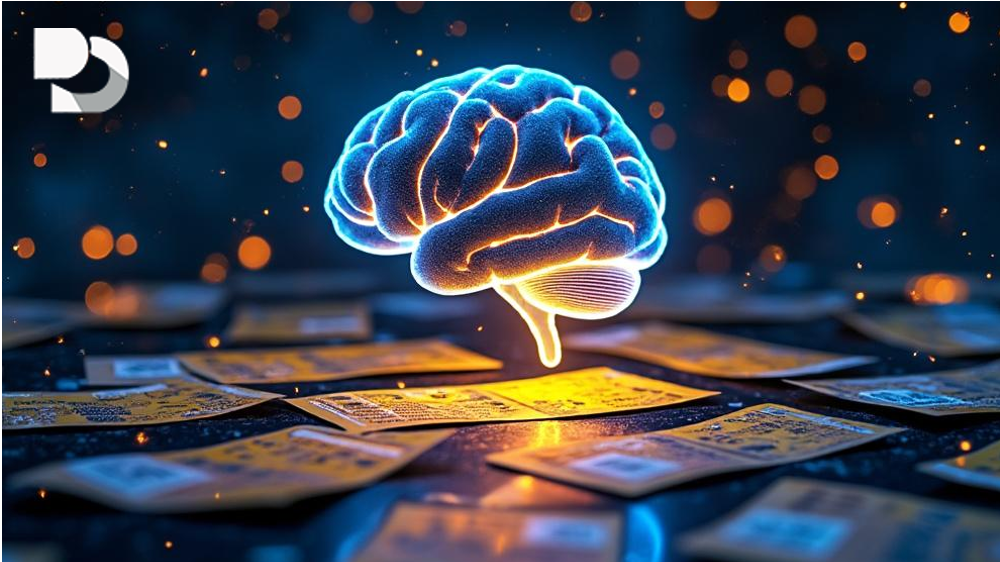
The Unlikely AI Lottery Success
Tammy Carvey from Wyandotte, Michigan did something many people probably think about but rarely try—she asked an AI chatbot for lottery numbers. The 45-year-old resident used ChatGPT to generate numbers for the September 6 Powerball drawing, and it actually worked. Her ticket matched four white balls plus the Powerball, earning her a $50,000 prize that doubled to $100,000 through the Power Play option.
“I asked ChatGPT for a set of Powerball numbers and those are the numbers I played on my ticket,” Carvey told lottery officials. The discovery came as a complete surprise when she checked her Michigan Lottery account. “It wasn’t until I logged into my Michigan Lottery account that I realized I added the Power Play to my ticket and actually won $100,000!” she said. “My husband and I were in total disbelief.”
Not the First AI Lottery Winner
Carvey isn’t the first person to claim using ChatGPT for lottery success. Back in September, Carrie Edwards from Virginia won $150,000 using a similar approach with OpenAI’s chatbot. It’s becoming something of a pattern, though whether it’s coincidence or something more is hard to say.
I think what’s interesting here is how people are naturally turning to AI for things that used to be pure chance. We used to rely on lucky numbers, birthdays, or random picks. Now some people are asking algorithms. It feels like we’re in this transition period where technology is becoming part of everyday decisions, even the completely random ones.
The Irony of AI in Lottery Systems
There’s a certain irony in all this. While people are using AI to try to win lotteries, the lottery systems themselves are increasingly using artificial intelligence for security and fraud detection. The Michigan Lottery emphasized that Powerball results remain entirely random—no AI can actually predict them.
Lottery officials across the country are implementing AI to protect their systems and players. So AI is reshaping how lotteries operate behind the scenes, even though it can’t actually help people win them. The randomness is still there, protected by the same technology people are trying to use to beat it.
What This Means for Future Gambling
Carvey’s win doesn’t prove that AI can predict lottery numbers—statistically, it’s still just luck. But it does show how people’s behavior is changing. We’re looking to fold AI into areas that were once about pure chance and superstition. From lucky rabbit’s feet to algorithm-generated numbers, the methods change but the hope remains the same.
Perhaps what’s most telling is that people trust AI enough to use it for something as important as lottery numbers. That says something about how integrated these tools have become in our decision-making processes, even for things they weren’t designed to handle.
The Michigan Lottery hasn’t commented further on these AI-assisted wins, and honestly, they probably don’t need to. The randomness is mathematically guaranteed. But stories like Carvey’s will likely continue as more people experiment with AI in unexpected ways.
